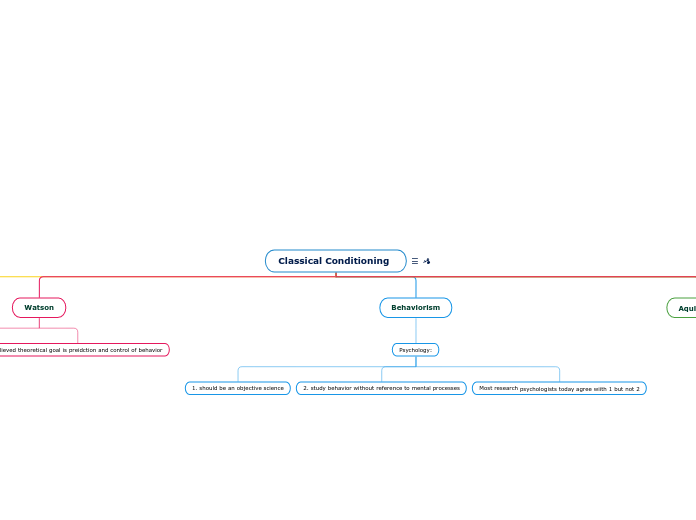rMost psychologists agree that classical conditioning is a basic learning form Many other responses to many other stimuli can be classically conditioned in many other organisms Pavlov demonstrated how a learning process can be studied objectively Classical conditioning is a basic form of learning that applies to all species Pavlov’s principles are used to influence human health and well-being Areas of consciousness, motivation, emotion, health, psychological disorders, and therapy. Addicts are counseled to avoid stimuli that may trigger cravings Pairing a particular taste with a drug that influences responses may eventually lead to response to the taste alone. Pavlov’s work provided a basis for Watson’s ideas that human emotions and behaviors, though biologically influenced, are mainly conditioned responses.
